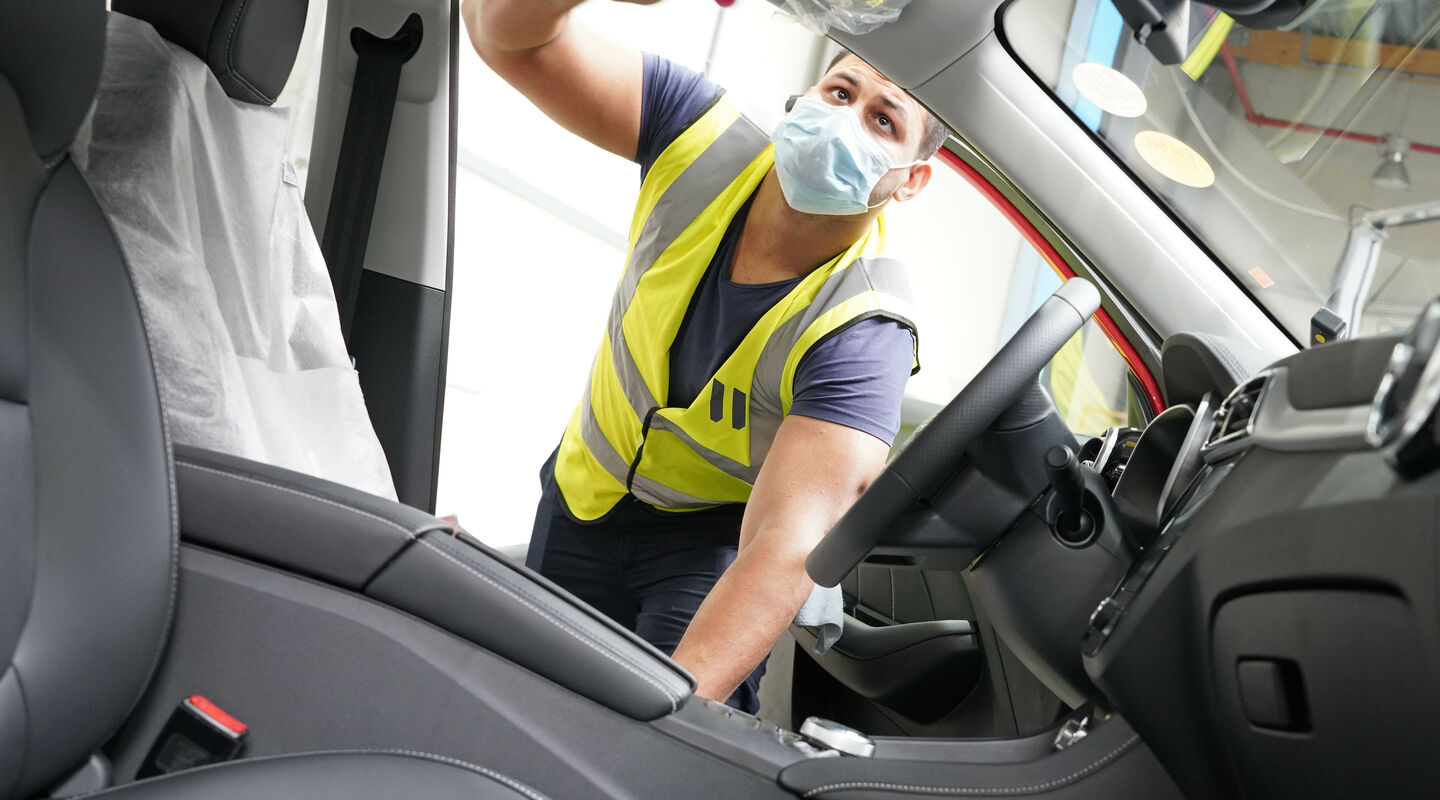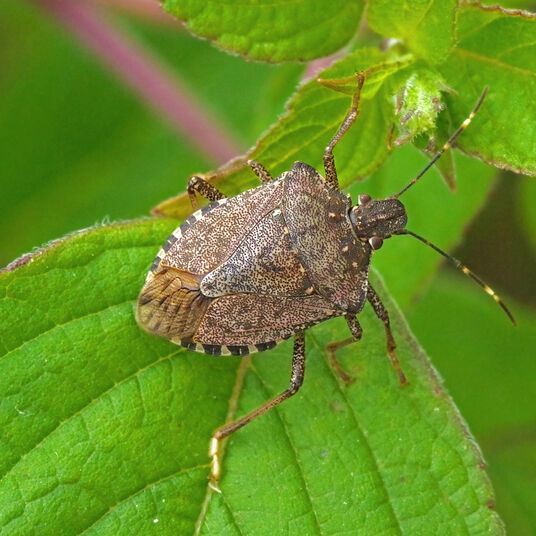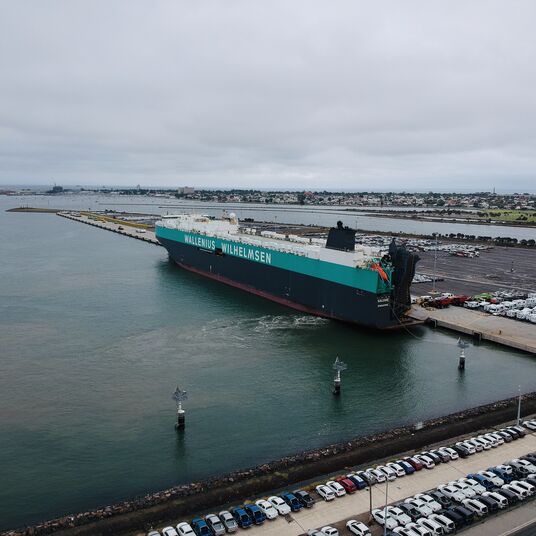All you need to know about biosecurity risk material contamination before you ship cargo to Australia (Part. II)
As you might know, Australia has strict biosecurity protocols for all imported items. The arrival of foreign organisms through imported goods, including vehicles, pose a significant threat to Australia’s agriculture environment and public health. That’s why Australia enforces stringent biosecurity measures that mean vehicles being imported into the continent must be free of all organic matter from foreign countries.

On arrival into Australia, vehicles will be inspected by Australian biosecurity authorities. If foreign particles are found, the entire shipment of vehicles will be detained and forced to undergo a thorough cleaning process that is both costly and causes significant delays to the final delivery of the vehicle.
Before exporting, make sure you tick off all of the items from the checklist below:
Checklist:
- Engine bays – Carefully inspect around the engine bay including surfaces where seeds may attach. Pay attention to different substrates that may attract seed particles such as engine wiring loops and bonnet covers. Be certain to inspect around windscreens plenum chambers and windscreen wipers.
- Interiors – Carefully inspect all internal areas of a vehicle paying attention to floors, seat covers, and door jambs. Ensure that any particles of soil and organic matter have not transferred to interiors of vehicles.
- Trunk – Be certain to thoroughly inspect door jambs, cargo compartments and areas around the rear of the vehicle for any foreign matter.
- Undercarriage – Close inspection is required for undercarriage of vehicles including under engine splash shields. Carefully inspect all sound deadening inside of wheel arches and tires where seed particles may have launched. All foreign particles should be removed from vehicles and vehicles cleaned.
By taking these simple steps, you can help ensure that foreign particles are not present in important vehicles, and will not result in delays and added costs.
Together, let’s embrace responsible biosecurity practices to guarantee that all vehicles meet the Australian requirements and standards before they are loaded for export.
Check out below: MIRRAT’s (Melbourne International RoRo Automotive Terminal) video that shows what’s really happening behind the scenes at Australia’s ports.
Follow the guidelines before loading of vehicles for export.

